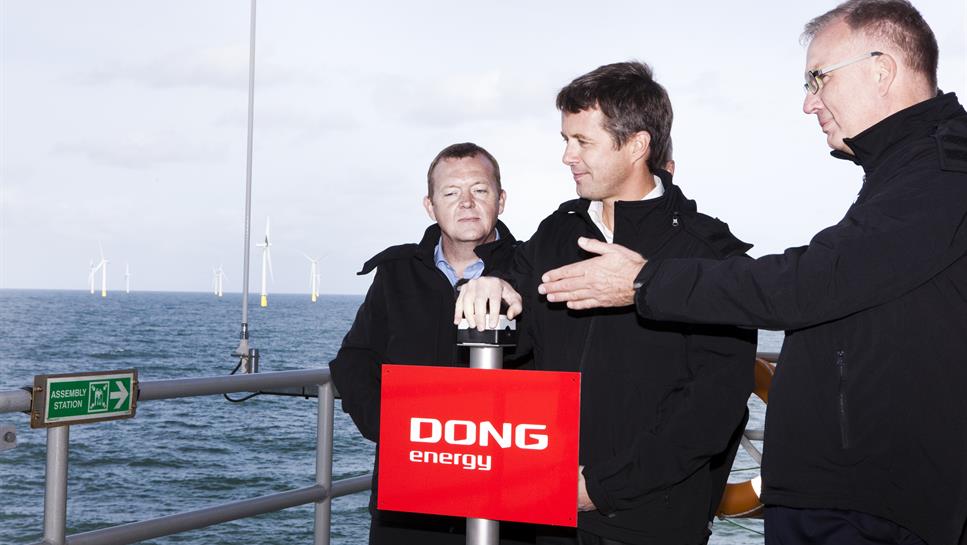The Danish energy provider DONG Energy has decided to upgrade its expectations for 2015 after showing strong financial results for the first half of the year.
DONG revealed that its operating profit was 10.4 billion kroner for the first half of the year, up from 9.8 billion kroner during the first half of 2014.
“The first half of 2015 developed highly satisfactorily for DONG Energy, with 6 percent growth in operating profits (EBITDA) and a significant strengthening of the net result,” said Henrik Poulsen, the CEO of DONG.
“Earnings are positively affected by divestment gains and income from insurance claims and disputes. In the first half of 2014, the result was in corresponding fashion positively affected by gains from divestments.”
READ MORE: Goldman Sachs ready to disclose DONG info
Wind in the sails
DONG’s improvement has been sparked by a higher production of its offshore wind turbine parks, which have surpassed its oil and gas division as the largest contributor for the energy company.
Net profits have sky-rocketed by 1.5 billion kroner to 2.8 billion kroner compared to the first half of last year, and the company has upgraded its annual expectations from 15.5 to 17.5 billion kroner to 17.0 to 19.0 billion kroner.
“We are continuing to develop and invest in our leading market position in offshore wind,” Poulsen said.
“At the beginning of July we inaugurated the Westermost Rough wind farm off the east coast of England; we have completed the installation of wind turbines in our first German wind farm, Borkum Riffgrund 1; and the construction of our next German wind farms, Gode Wind 1+2, along with the expansion of Burbo Bank in the UK, are proceeding according to plan.”
DONG Energy has been a hot topic in recent years following the Danish state’s controversial decision to sell part of its ownership stake to the US investment bank fund Goldman Sachs and the two Danish pension funds ATP and PFA last year.
















